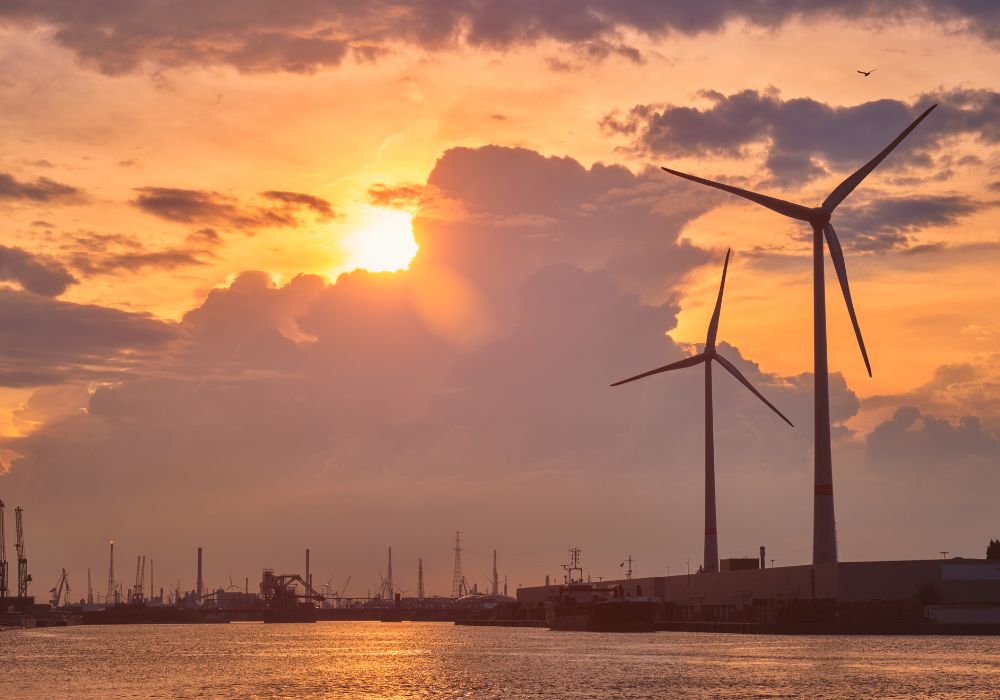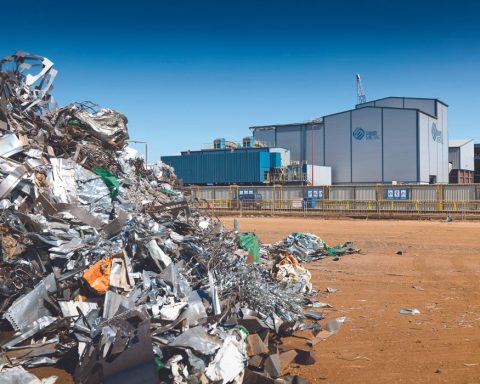Last month, reporter David Gelles, of The New York Times, wrote that at Davos this year, the climate crisis had largely been “relegated to the back burner.” That was not my experience.
While the CEOs and decision-makers that attended the annual World Economic Forum meeting seemed more worried about things other than climate change (the potential for another Donald Trump presidency and artificial intelligence), they were also more excited about the gathering multitrillion-dollar economic opportunity presented by the transition to a low-carbon sustainable economy. Business is better at playing offence than defence, so I think this may be a good thing.
Corporate Knights’ annual Global 100 ranking of the world’s most sustainable corporations turned 20 this year in Davos. And the corporations that make up the Global 100 are proving that companies that set the standard for sustainability excellence can also outperform the market over time. Now is the time to double down.
These companies show that the climate crisis is far from the back burner for many major players in the business world. Maybe it seems like it has been placed on the back burner simply because it’s becoming ingrained in the way we do business. There isn’t only a moral imperative for corporations to work toward a more sustainable planet; there’s a financial one, too. Here are eight ways the sustainable economy is taking over.
1. In 2024, the average Global 100 company earned 51% of its revenue from sustainable solutions in alignment with the Corporate Knights Sustainable Economy Taxonomy (which measures corporate contributions to the sustainability transition). That’s three times better than the average large publicly traded company with more than US$1 billion in overall revenue, which earned 16% of its revenue from sustainable sources.
2. When it comes to sustainable investments, it’s the same story. Global 100 companies allocated 55% of their total investments (capital expenditure, research and development, and acquisitions) to sustainable themes, versus 17% for the broader universe of companies analyzed.

3. Financially speaking, the Global 100 index has stood the test of time, outperforming its benchmark over the past two decades. It has posted a 295% total return since its inception in February 2005 to the end of 2023 (versus 278% for the MSCI ACWI).
4. The really good news is that the exponential growth of the sustainable economy is not contained to the Global 100 companies; it is now embedded as a dominant macroeconomic growth trend, with large publicly traded companies growing their sustainable revenues and investments at double the rate of general revenues and investments over the past three years. A look inside the Corporate Knights Sustainable Economy Intelligence Database shows that sustainable capital expenditures grew by 56% from 2019 to 2022, compared to 23% for general capital expenditures, while sustainable revenue grew by 84% versus 40% for general revenues over the same period.
5. None of this means we can rest on our laurels. The fossil fuel industry is flush with cash, existentially motivated and ferociously well organized to put up political barriers that delay the inevitable transition to a low-carbon sustainable economy. But fear not: the companies that want swifter climate action in alignment with the Paris Agreement – publicly traded companies signed up to the Science Based Targets initiative (SBTi) – have seven times more economic power (earning US$28 trillion in the most recent fiscal year, according to Corporate Knights calculations) than the US$4 trillion haul made by the fossil fuel industry (itself a huge rise from its recent average of US$1.5 trillion).
6. This economic power must be translated into political power to address barriers to climate action, chief among them unacceptably long permitting times for renewable-energy projects. This is beginning to happen with work led by the Corporate Knights Global 100 Council and others to galvanize the voice of business – not just the green energy companies – as a voice for speeding up climate action. This was demonstrated at COP28 (the first COP agreement to include a renewable-energy target), where business calls spanning all sectors for more clean energy were met with a pledge to triple installed renewable energy to 11,000 gigawatts by 2030.
7. While the fossil fuel industry is more powerful politically, both science and economic power are on the side of companies that want to speed up climate action.
8. While much climate action discussion is devoted to absolute net-zero goals decades away, which can raise hackles and unnecessary existential questions, the current imperative is to focus on speeding up action here and now.
Corporate Knights is here to help organize and provide secretariat support for companies that want to speak out together and ensure that their industry associations are part of the program, so we can make 2024 the year of climate action acceleration.
Our skis are pointed in the right direction, and we’re closing in on the summit (with an electric assist).
Toby Heaps is co-founder and publisher of Corporate Knights.




